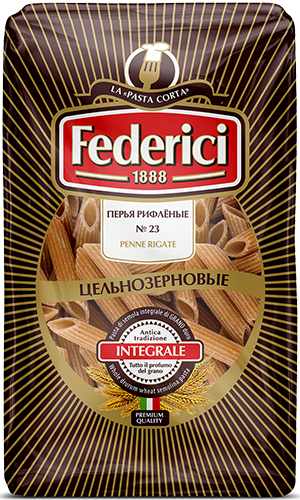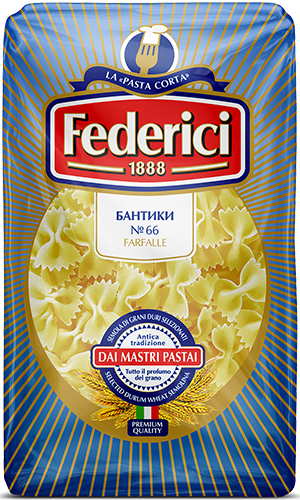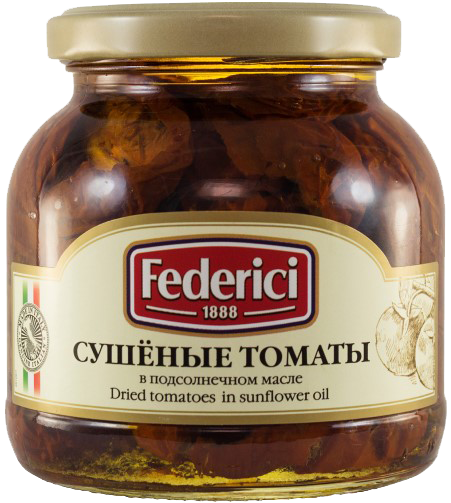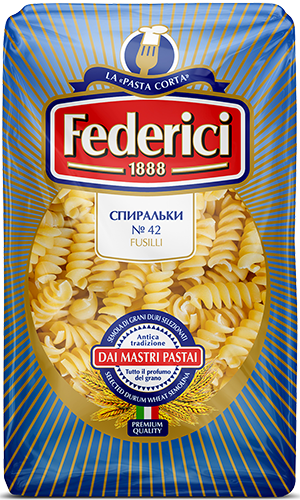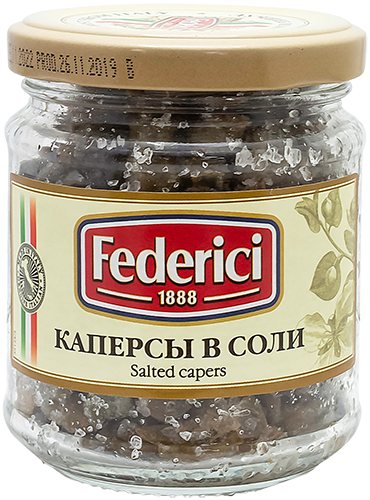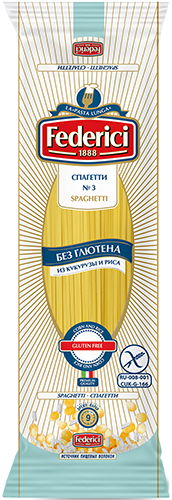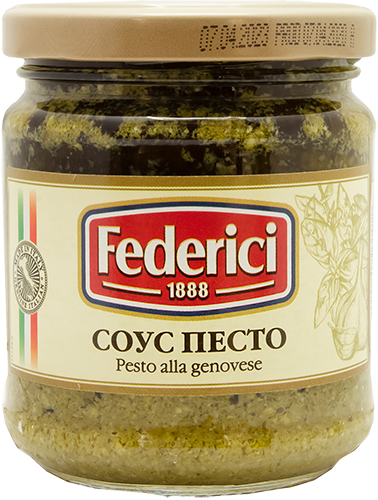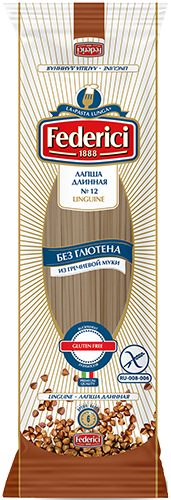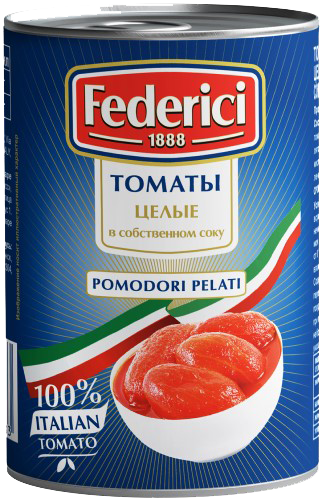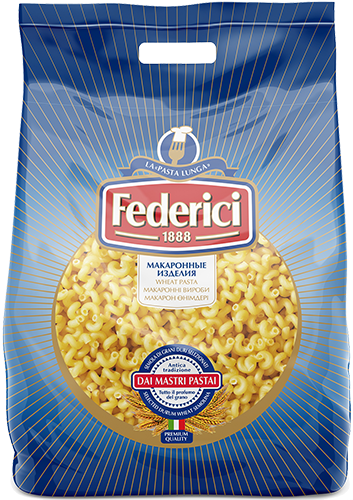


Sauces are liquid seasonings with varied flavor profiles, a key addition to many European and international dishes. You can make your own sauce or use ready-made products. The manufacturer indicates the storage methods and expiration dates for sauces on the packaging.
Let’s review what Russian law says about permissible food shelf life:
- The expiration date is the date after which a product becomes unhealthy. It is set by the manufacturer and indicated on perishable and packaged food products.
- The minimum expiration date is approximate. After the expiration date, the product loses its flavor and nutritional qualities, but is not hazardous to health.
Manufacturers most often indicate minimum shelf life for sauces, after which the product’s flavor changes.
How to Properly Store Sauces
Storage conditions for sauces depend on their type, production method, and the ingredients used. Here are some of our tips for properly storing sauces in the kitchen:
- Egg-based sauces (Caesar, mayonnaise, hollandaise) are particularly delicate and should be stored with care, as they can spoil quickly. The key is to keep the mixtures tightly covered in the refrigerator and consume them within 24 hours. They should form a crust and emit an unpleasant odor when consumed.
- Hot sauces (tomato, béchamel) should be refrigerated before storage. In tightly sealed containers, they can be stored for 2-3 days. Freezing is another option. However, keep in mind that they should be defrosted at room temperature and removed a few hours before use.
- Vinaigrettes are more difficult to spoil, so if kept in a closed container in the refrigerator, they can be stored for several days. It’s important to let them sit at room temperature before using to allow the oil to regain its density and maintain its texture.
Bottles of commercial sauce should be stored in a cabinet with limited exposure to sunlight before opening, and then refrigerated.
Temperature Control
To maintain the hygiene and flavor of cold sauces, it’s important to carefully monitor their temperature. Avoid freezing or exposing sauces to direct sunlight, as this can negatively impact their quality and shelf life. The ideal storage temperature for cold sauces is between 3 and 23°C. This storage prevents spoilage and the growth of microorganisms. Once opened, sauces can be stored for several days or up to a year (several months) under this temperature control, as long as the packaging is intact.
Hygiene Rules
One of the most important requirements for storing sauces is maintaining the cleanliness of the contents. To prevent contamination, it’s important to regularly clean refrigerator shelves to prevent bacterial growth and spoilage. Always use clean, dry spoons when removing sauces from jars, bottles, or containers. Avoid allowing water to contaminate sauces, as this can reduce their shelf life. Before handling your favorite sauces, make sure your hands are clean.
By following our tips, you can maintain the quality and freshness of your cold sauces, avoiding waste and unnecessary costs. Our recommendations will not only enhance your main dishes but also increase customer satisfaction if you operate a catering business.
Our products
Мы стремимся предложить Вам наилучший сервис при работе с нашим сайтом. Для этого мы собираем и храним информацию о Вашем посещении сайта. Так называемые cookies. Файлы cookies не собирают и не хранят никакую личную информацию о Вас. Используя этот сайт, Вы даете согласие на использование cookies. На данном этапе Вы можете отказаться от использования cookies, настроив необходимые параметры в своем браузере.
